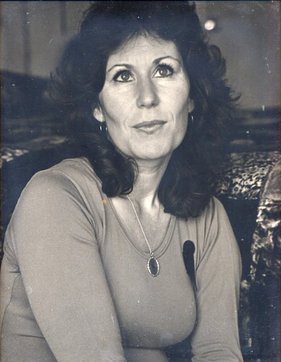 Remembering Phyllis T. Zeff
Remembering Phyllis T. Zeff Mother's Day is a time to honor our Mothers, but with this comes the assumption that our Mothers are alive and well. What if your Mother has already passed away?
Shae welcomes all to attend, but has created the experience for those who have suffered loss, specifically of a Mother, Sister, Aunt, Grandmother, Cousin, Friend. She invites participants to bring a photo of their Mother, a story, and a potluck dish to share that she would have enjoyed. “We tell stories about our Mothers, talk about unfinished business, and where it is appropriate and wanted, tell each other things our Mothers would have told us, or things we would have liked to have heard from our Mothers,” says Shae.
Through remembering, we are no longer alone. Through sharing their stories, our Mothers live on among us.
The first Motherless Mother's Day Celebration was in 2010 on a cold, gray, Portland Mother’s Day morning. Fifteen participants gathered under a covered picnic area in a park, wrapped in blankets and extra jackets that Shae had brought.
This nurturing instinct runs deep in Shae’s DNA. She recalls huddling with crying women and screaming children under the framework of a dressing room doorway in a California department store during a severe earthquake. “Something came over me and I said in a loud voice, ‘It's okay! We're going to be alright, we're all together!’ As soon at the world stopped shaking I said, ‘Come on everybody, let's get out of here!’ and I led them to the nearest exit. There's something in me that wants to comfort and help people who are frightened or grieving, because I know what it's like to feel scared and alone.”
Scared and alone – Shae frequently experienced these emotions in the years following her mother’s death. “Grief moves cyclically through our lives, it is not a linear process,” Shae notes. “Every year on Phyllis’ birthday, the anniversary of her death and Mother's Day, I would experience an upsurge of grief. I avoided going into stores right before Mother's Day because of the constant stream of commercial-babble (E.g. 'Show Mom how much you care this Mother's Day!') It was like plunging a knife into my heart.”
We’re stronger when we’re together.
After completing her training as a Life-Cycle Celebrant, Shae realized there were other people in the world who were also experiencing this sense of loss and grief on Mother's Day. “We can be so isolated in our society, this is why it’s important to form logical or intentional communities,” Shae says. “My Motherless Mother's Day Celebration sprang from my belief that we can get through a dark night of the soul together much better than we can if we're alone.”
Gathering with other “motherless” mourners on Mother’s Day, Shae was surprised that the celebration produced equal part tears and laughter. “I knew there would be tears,” she says. “The laughter part was a surprise, and a gift. It’s like the group is breathing a collective sigh of relief: I am no longer alone. Someone else understands. Other people have lost their Mothers too. I can rise from the ashes of my sorrow and form new bonds, new friendships."
Participants express relief; a burden has been lifted. They ask, “Why has no one done this until now?” Shae replies, “It is what is needed for our Time. There is a Spirit of the Time, of each Age…the Zeitgeist. Those of us who are paying attention, who have our finger on the pulse of what is needed, are creating new patterns, new celebrations, new rituals and ceremonies. This is what we do as Celebrants.”
What is today tradition, Shae believes, began in one person’s imagination. “Someone, or someones, felt a need for something in their community and it so resonated with what others wanted and needed that the community embraced and adopted it as their own. And repeated it. And passed it down to their children and their children's children.” Shae’s Motherless Mother’s Day, now in its fourth year, is well on its way to becoming an important community tradition. How do you mark Mother’s Day or other days of remembrance for those no longer living?
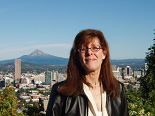
With thanks to Shae Uisna for sharing her story and her work. Shae says, "As a Certified Life-Cycle Celebrant, I honor participants’ beliefs, life-experiences, religions and spiritual choices, without imposing my own beliefs. My over-arching goal is to be as inclusive with as many people as possible." You can email her or visit her Motherless Mother's Day Facebook page.


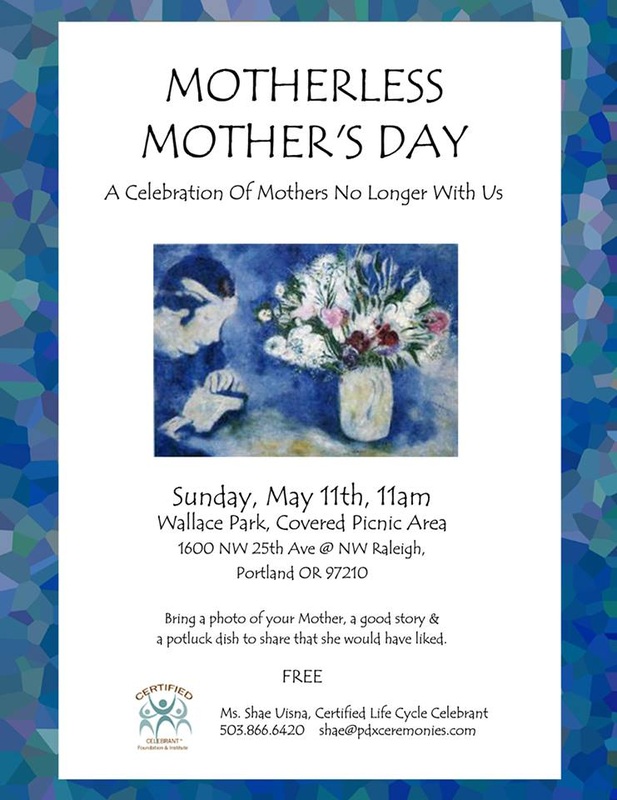
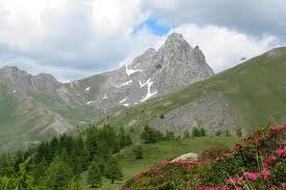
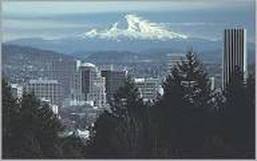
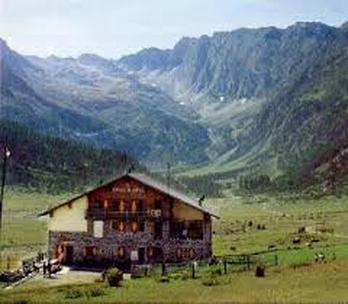
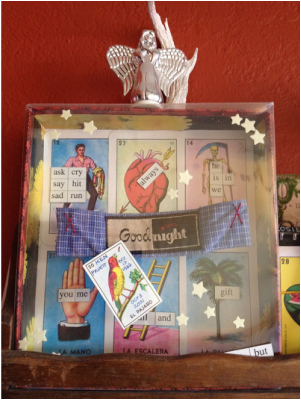
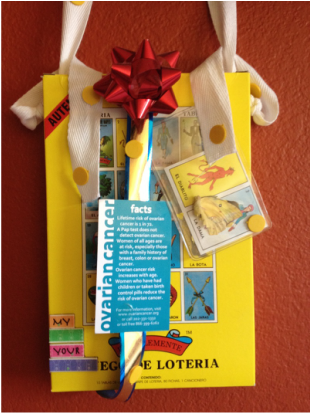
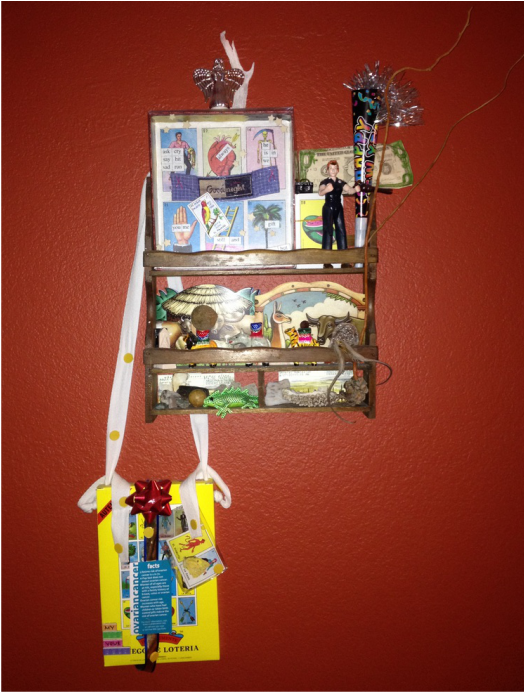
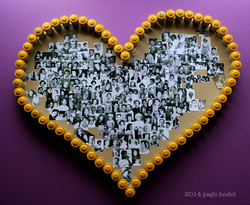
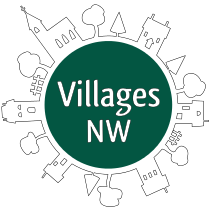
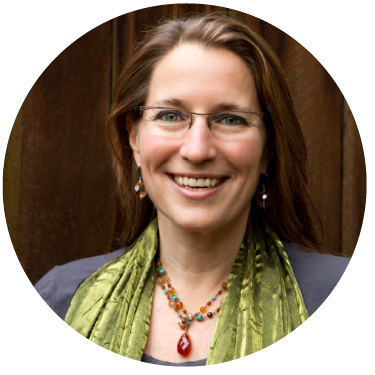
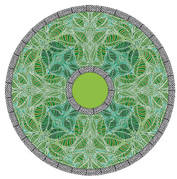
 RSS Feed
RSS Feed